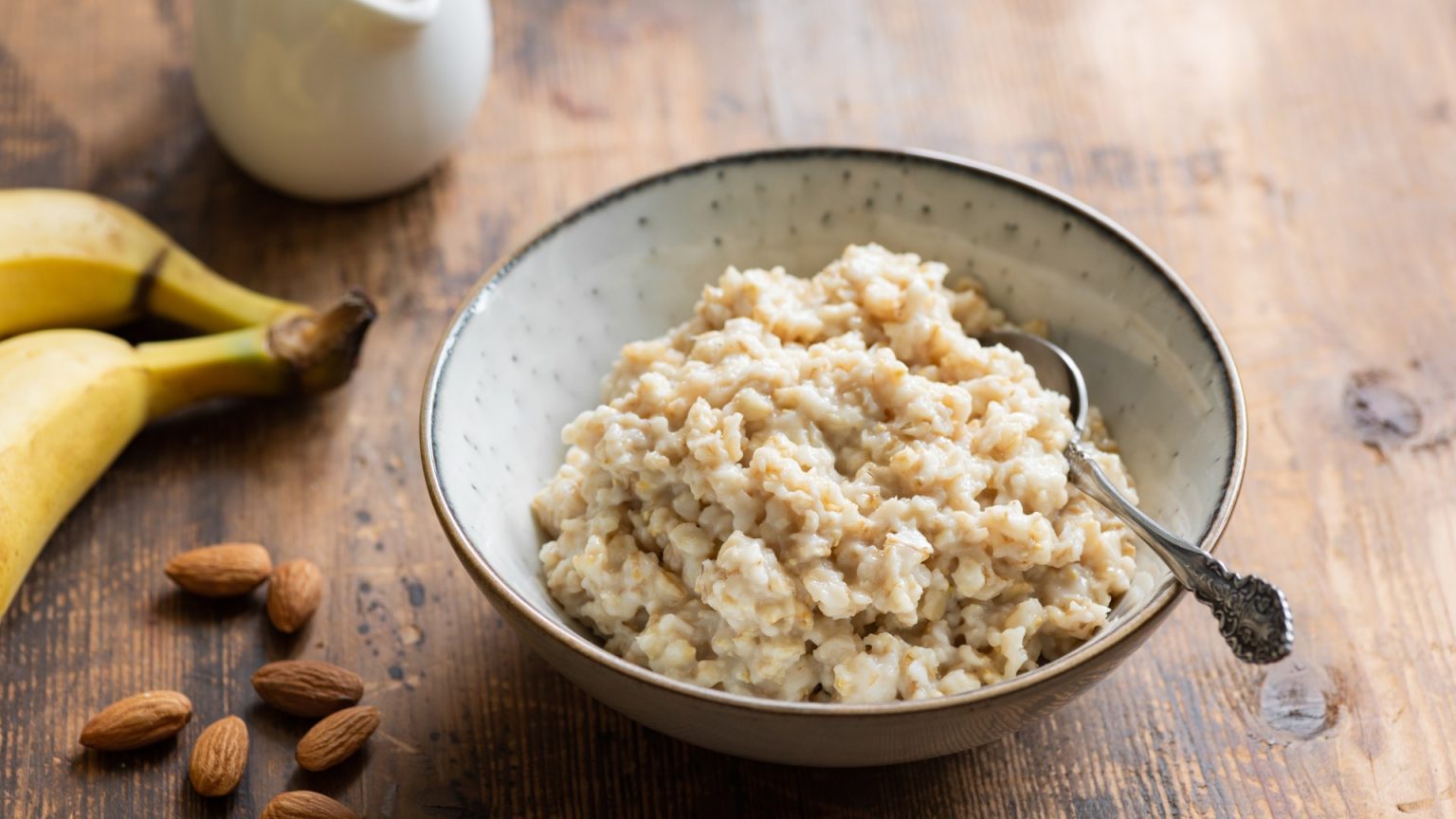In a recent move by the Government, porridge has been included in the list of “less healthy” products that will face restrictions in advertising. Sweetened varieties of porridge that include ingredients like golden syrup and fruity flavors will be prohibited from TV ads before 9 pm and face a total ban on online promotions starting in October 2025. This decision is part of an effort to tackle childhood obesity, with the goal of stripping 7.2 billion calories from children’s diets each year and preventing 20,000 cases of obesity.
The new guidance, designed to help businesses prepare for these changes, also includes other products that will face advertising restrictions, such as granola, instant noodles, and sweetened yogurts, as well as more obvious candidates like salted popcorn and ice cream. The Institute of Economic Affairs has criticized the move, calling it “preposterous” and “puritanical government meddling.” Reform MP Richard Tice also expressed concern, referring to the decision as a “porridge tax” and an assault on the beloved Scottish oats.
The ad ban on products like porridge is part of Labour’s 10-Year Health Plan, which aims to prioritize prevention over treatment. The plan, set to launch next spring, will also include measures to ban under-16s from purchasing high-caffeine energy drinks and promote healthier lifestyles for children. Health Secretary Wes Streeting emphasized the importance of taking action to combat obesity and ensure that children have a healthy start in life. He stated that this move is the first step in shifting the focus of healthcare from sickness to prevention.
Despite the intentions behind the ad ban, critics argue that the government’s involvement in regulating the advertising of products like porridge is excessive and unnecessary. Some question the effectiveness of these measures in actually reducing childhood obesity, while others view it as an infringement on personal freedom and consumer choice. The debate surrounding the inclusion of porridge in the list of restricted products reflects larger discussions about the role of government intervention in public health initiatives and the balance between individual responsibility and regulatory oversight.
Overall, the decision to restrict the advertising of sweetened varieties of porridge is part of a broader effort to address childhood obesity and promote healthier lifestyles for children. While the move has faced criticism from some quarters, proponents argue that it is an important step in shifting the focus of healthcare towards prevention. As the government continues to implement these measures, the impact on consumer behavior and public health outcomes will be closely monitored to assess the efficacy of these interventions in addressing the issue of childhood obesity.











